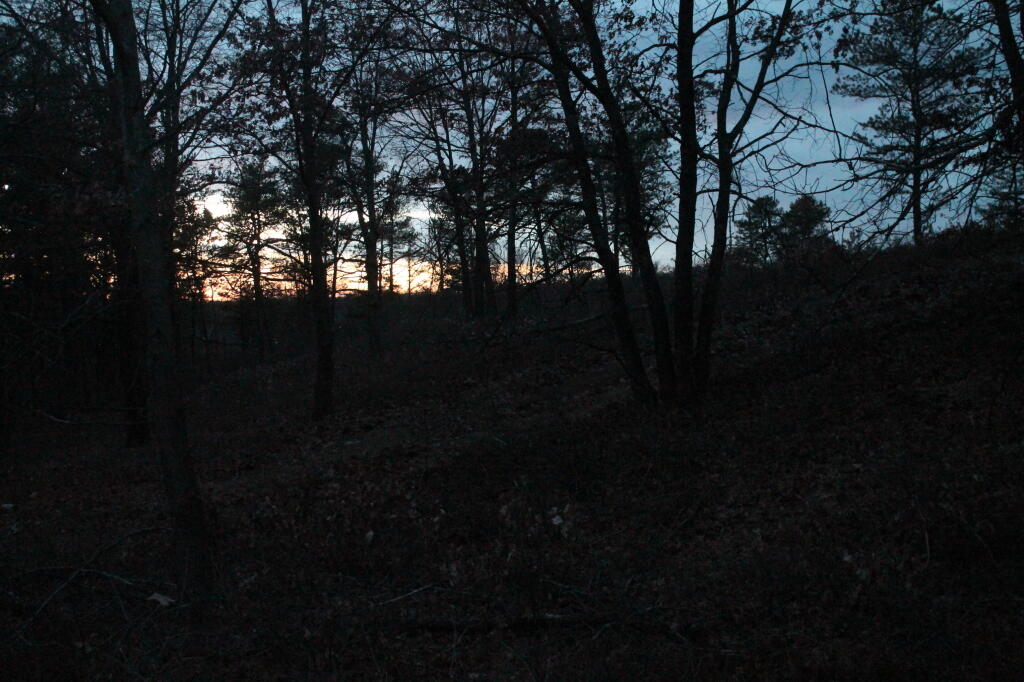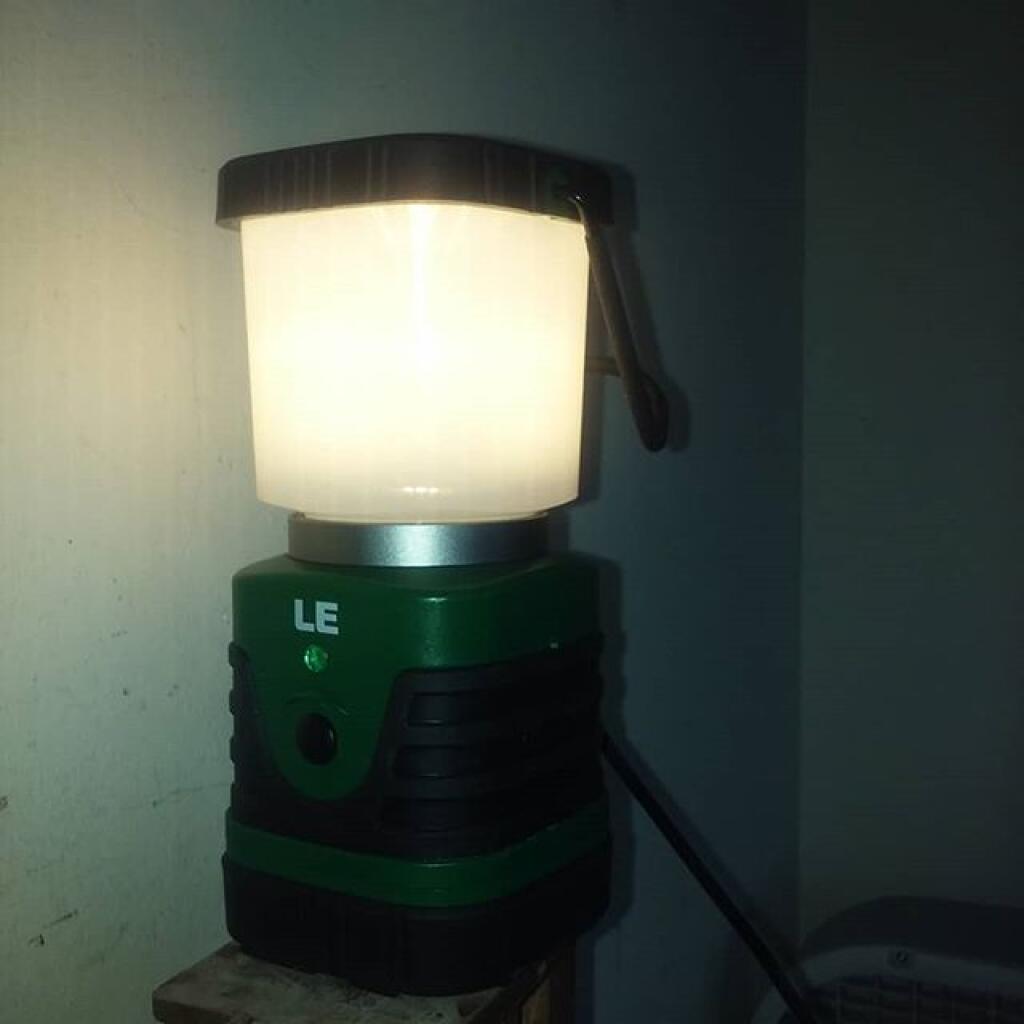Energy hog
It’s the relay ⚫ that’s the big energy hog 🐽 …
I used to think that it was the starting and accessory batteries 🔋 with their different charge depth fighting that was causing the starting battery to loose charge when both batteries were connected in Big Red. But it turns out after reading on the internet, the relay that connects them is quite power hungry, pulling 400mA per my volt meter or about six watts whenever the relay is live. Doesn’t sound like much but six watts adds up over time. It takes a fairly powerful electromagnet to securely latch the relay when live to ensure that it doesn’t bounce loose on rough roads or have poor contact leading to arcing ✨ and burnt contacts.
The electricity use is fine and not possible to prevent unless I replaced the relay with a latching relay of some sort. Not a big deal when the big olf alternator is putting out 135 amps but something to consider with the solar panel that only puts out like 2 amp in the winter and maybe 5-7 amp on a sunny summer day. Also definitely something to consider when I eventually have an off grid property of my own.
Become a 2020 DEC Campground Ambassador in the Adirondacks
Love camping in the Adirondacks? Share your passion for the great outdoors next summer by volunteering for the DEC Campground Ambassador Program and you’ll enjoy two weeks of free camping in exchange.
Somebody I know from school 🚸 passed this along knowing how much I love to camp ⛺ and spend time in the wilderness. But I hate campgrounds. My comment:
I don't do campgrounds if at all possible, I don't like camping anywhere I am in ear shot or eye shot of others. I like to be able to have big fires, listen to music, drink beer, pee where ever I want to, burn trash, shoot guns, and pretty much do whatever and whenever I please. Things that are generally not considered neighborly behavior. In other words, camp at least a quarter mile from anyone else and often much more remote wild country then that.
I'll stay at a rustic campground with pit privies when it's the only option but I try to avoid even that for wilderness camping. But I really don't like doing that if at all possible. I live in the suburbs and I have neighbors when I want to be around other people.
While a lot of my colleagues are settling down buying houses and raising families I'm living in a jam on rather threadbare moldy apartment on the bus line. Saving and investing money wherever I can for when I don't have family locally, move out west or down south into a small off grid cabin heated by wood I chop myself and a small solar system on sufficient acerage that I can have bonfires, burn my trash, hunt and trap, four wheel and hobby farm. In a state with low taxes and not a lot of regulation or zoning codes.
Post No. 195212
I am glad that I fixed my microspikes again… 👣
As the rubber has broke and chains 🔗 have come apart over the years I’ve bent chains and replaced missing people with wire from broken USB cables and other parts. People are too quick to throw away perfectly good things, stuff that may be pretty but can be repaired to be perfectly functional again!
Repaired the broken chains
Small rechargeable lantern for camping
NPR
Adelgid aside, this stand of firs is pretty rare, Cory says. At the end of the last glaciation, about 10,000 to 12,000 years ago, the area was a lot colder and the firs lived all up and down the mountain. As the area warmed, the trees had to move farther and farther to the top of the mountain. Today, the Fraser firs live on just seven mountain peaks in the southern Appalachians, and Roan Mountain is one of them.
Cory runs his fingers through a fir's soft needles — one of the characteristics that makes it a desirable Christmas tree — and says that, genetically, the trees that grow on Roan Mountain are the same as the ones on farms.


